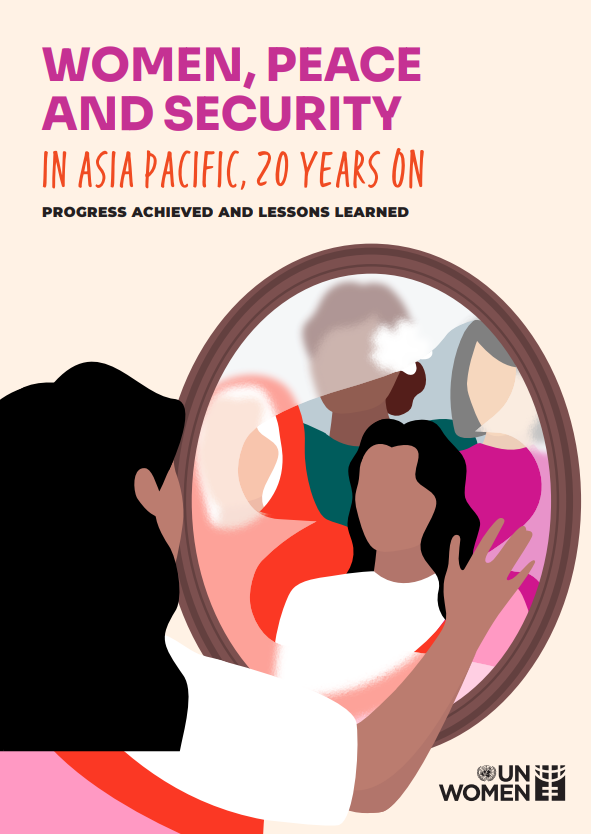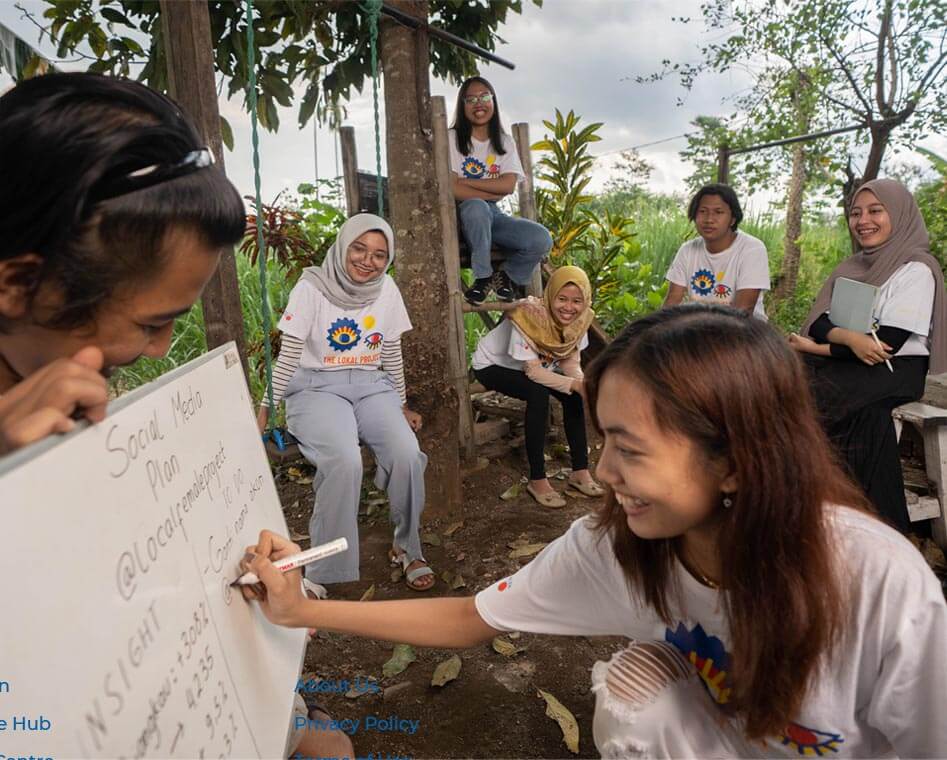
Women, Peace and Security in Asia Pacific, 20 Years on: Progress achieved and lessons learned, 2020
Publication Date: October 30, 2020
Total Pages: 73
Organization: UN Women
Languages: English
Country/Region: Asia Pacific
Topic Area: Gender Mainstreaming, Gender equality and women’s empowerment, Peace and security, Conflict prevention
Year: 2020
Resource Type: Research
Abstract
The 20th anniversary of the Women, Peace and Security (WPS) agenda is a critical moment for the agenda and its relevance, which has been tested by the extensive impacts of COVID-19. We need to take stock of
the progress as well as the gaps in implementing WPS in the Asia Pacific region over the last 20 years, and build upon the lessons learned to move the WPS agenda forward in the years to come.
The WPS agenda is meaningful to all societies in the Asia Pacific region. Its fundamental purpose is to prevent insecurity and violence by harnessing the potentials of both women and men, and addressing
structural gender inequality and discriminatory gender norms that are the barriers to sustainable peace. The agenda is wide-ranging and goes beyond recognized situations of conflict and emergency, although
some aspects of WPS and international law may involve strict mandates within these settings. Pre- and post-conflict environments of gendered inequality and violence destabilize communities and may affect national and international peace and security. Thus, all countries and regions are expected to take ownership and responsibility in promoting gender equality and inclusion in peace and security processes.
In Asia Pacific, the WPS agenda faces unique challenges due to a frequent misperception that it applies exclusively to conflict contexts, but also due to the underrepresentation of the region in global WPS debates. The lack of visibility of peace and security efforts in the region, other than in Afghanistan and Myanmar, which are routinely on the Security Council agenda, diminishes the importance and relevance of the region’s overall WPS agenda, and undermines regional commitments. There needs to be more effort at the global level, especially in UN institutions and reports, to include analysis of the region, and to make WPS initiatives in all regions equally visible.

